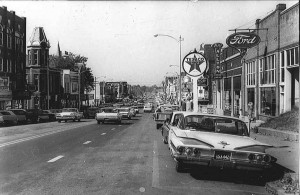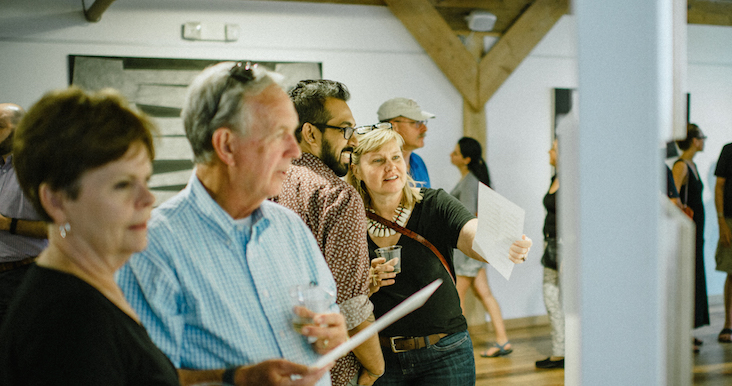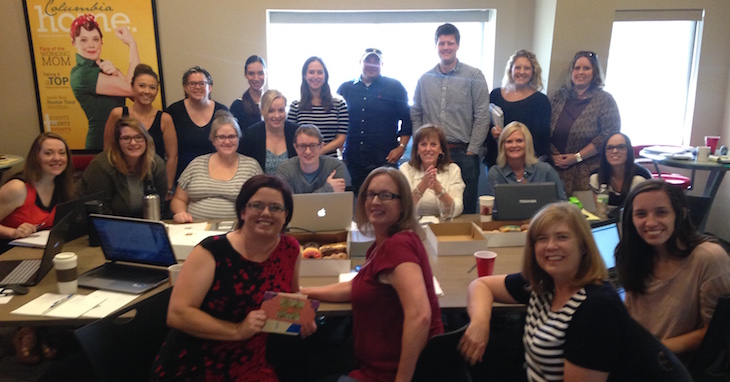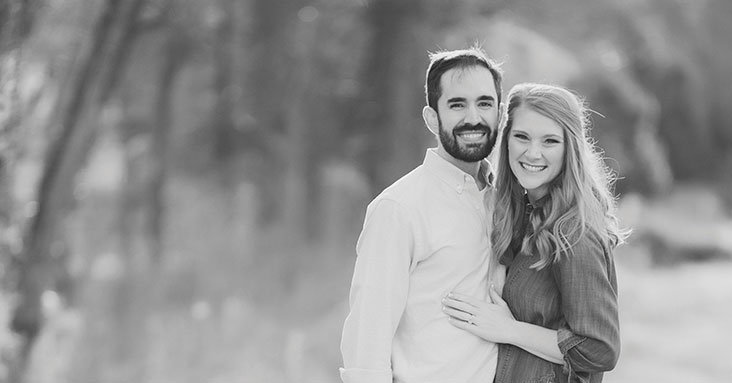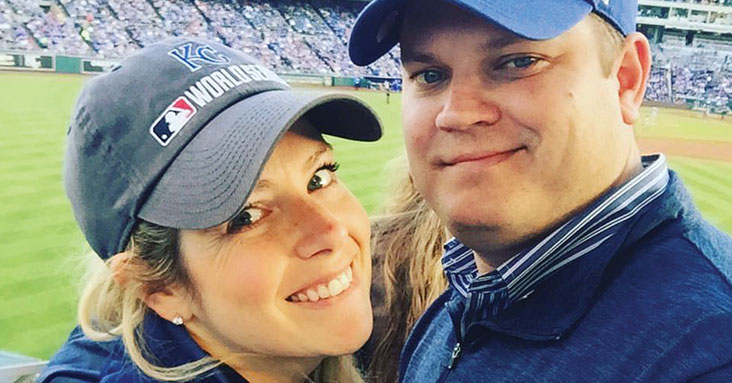The JFK Assassination: Fifty Years Later
Fifty years ago, you couldn’t buy a mixed drink in Columbia, Blue Laws closed stores on Sunday and the city of some 40,000 was nothing like it is today. Nov. 22, 1963, was overcast and unseasonably mild as temperatures nudged into the 60s and I walked to an early afternoon class on the University of Missouri campus. Somehow the bulletins of “shots fired in Dallas” didn’t penetrate the classroom, and the lecture proceeded as if nothing was amiss. But on exiting the room, I knew something was terribly wrong.
The assassination of President John F. Kennedy was even more touching locally because the martyred president had been scheduled to visit Columbia in January to dedicate Halls A and B (now Hatch and Schurz halls) at the southeast corner of College Avenue and Rollins Street.
A bygone era
At that time, enrollment at MU was about half what it is today. Tuition was free to Missouri residents, with only nominal fees set aside for “incidentals.” Room and board in the burgeoning residence hall system was just north of $700 a year. Men and women lived separate lives, and the latter were bound by “hours,” the leniency of which on Friday and Saturday allowed them to be out until 1 a.m.
Columbia was about half its present size in area and divided into four wards. John H. Longwell was the mayor, Don Allard the city manager, and the majority of city operations were conducted in what is now the Howard Municipal Building. The Public Library was next door. The Post Office was on Cherry Street, and the Tiger, Daniel Boone and Ben Boldt hotels were available for overnight accommodation. Broadway and a handful of side streets were the locus of retail activity.
There was no Internet. Computers were mainframe systems using punched cards and spinning reels of tape, and mobile telephone service was about to get under way. Among the many woes of the creaky old telephone company was the fact that there were only 16 long-distance lines, and many customers still were on what was called a party line. Columbia’s two daily newspapers appeared in the afternoon. There were only two television stations, color was still scarce and cable TV offering more choices had been repeatedly opposed by the City Council. ABC affiliate KFRU was the city’s principal radio station; there were others, though still nothing on FM.
Providence Road had been cut through and widened a few years earlier as the city’s new inner belt, while the outer belt — now Stadium Boulevard/State Route 740 — had just been opened as a two-lane loop uniting Providence Road with West Broadway. Other roads were still torturous courses into the surrounding countryside, and the most bucolic — Scott Boulevard — was little more than a dirt path into the woods to Turner Station.
What could have been
There was little to do that fateful weekend aside from staying engaged with radio and TV. Many of us just wandered around the city over those four days and sampled television where available or radio, which we could take with us. With approval approaching 80 percent at times, the charismatic young president had captured many hearts and minds, but now he was gone.
Kennedy may have been on the cusp of achieving historic greatness. Scarcely noted that fall, he announced the planned withdrawal of a thousand so-called “advisers” from South Viet Nam at the end of the year. Whether JFK would have continued this withdrawal in light of the Diem assassination on Nov. 2, 1963, is purely speculative. His successor, Lyndon B. Johnson, once safely re-elected, plunged us into a war that forever altered our history. One wonders how things would have turned out if JFK had lived and the country had stayed out of South Viet Nam. Would there have been a “Summer of Love,” the weirdness of the times marked by protests, the onslaught of drugs and his brother’s assassination less than five years later? Of course, we’ll never know.



